Animalia

Dire Wolf
Canis dirus

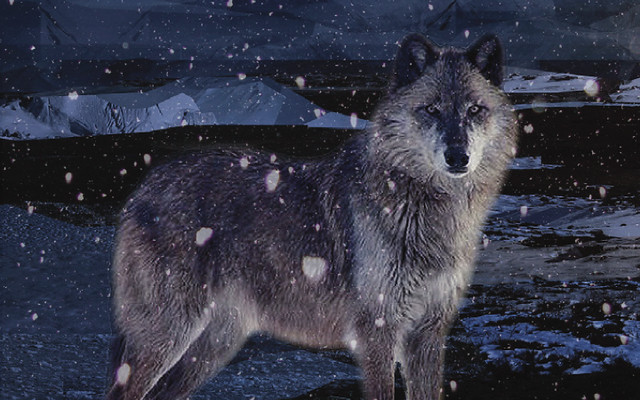
EXTINCT | 7 POINTS
PLAY: Move of 3. The card may be put next to all sizes of herbivores.
FACT: The dire wolf lived in North America og is more closely related to the coyote than to the grey wolf.

Yukon Wild Horse
Equus lambei

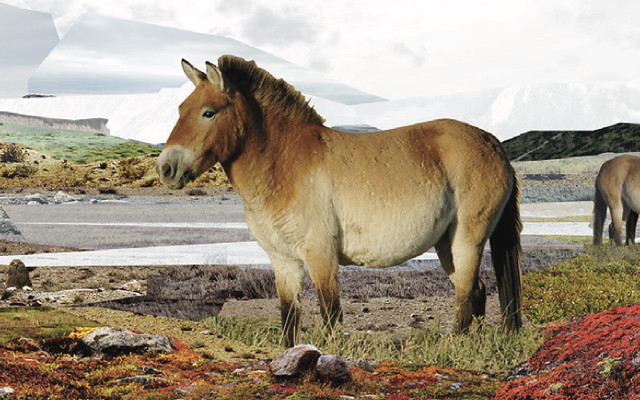
EXTINCT | 4 POINTS
PLAY: Move of 3
FACT: The Yukon wild horse was one of the most common animals on eastern part of the Mammoth Steppe. It was a tiny horse, the size of today’s ponies.

American Mastidon
Mammut americanum

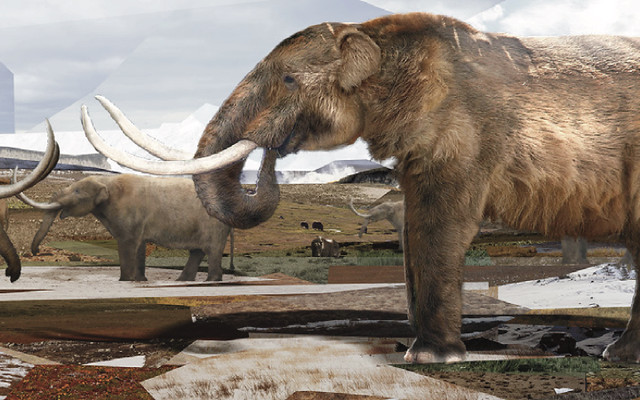
EXTINCT | 5 POINTS
PLAY: Move of 1
FACT: Despite that mastodons and mammoths look somewhat alike, they are not closely related. The mastodon lived in spruce woodlands, valleys and swamps, where it ate leaves from shrubs and trees, and conifer twigs.

Wolverine
Gulo gulo

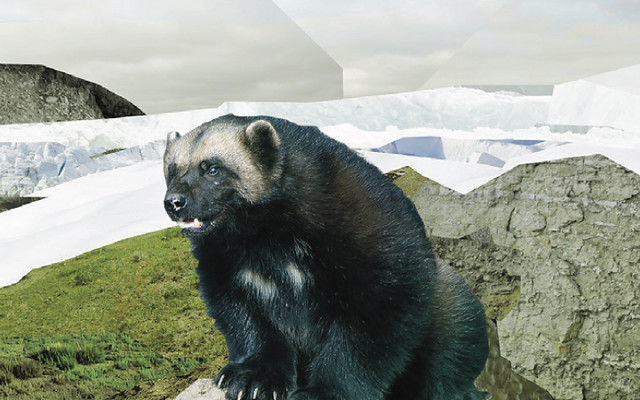
7 POINTS
PLAY: Move of 2
FACT: The Wolverine of the Ice Age was in size as a medium size dog and resembles a bear. The males were about 1/3 longer than the females and could weigh twice as much.

Saiga Antelope
Saiga tatarica

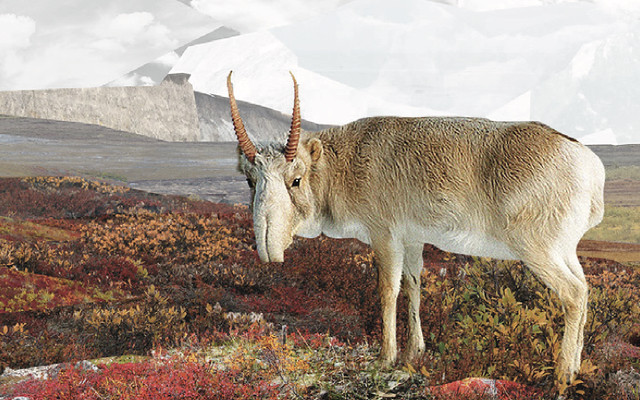
5 POINTS
PLAY: Move of 2
FACT: The Saiga antelope live in large herds. Their funny-looking nose heats the cold air in the winter and filters dust in the summer.

Cougar
Puma concolor

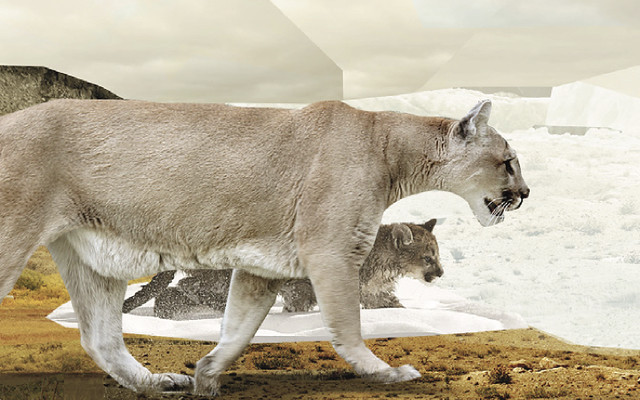
7 POINTS
PLAY: Move of 2. The card may be put next to all sizes of herbivores.
FACT: Cougar teeth from the Ice Age reveal that they had very varied diet. They fed on anything from insects to large deers.